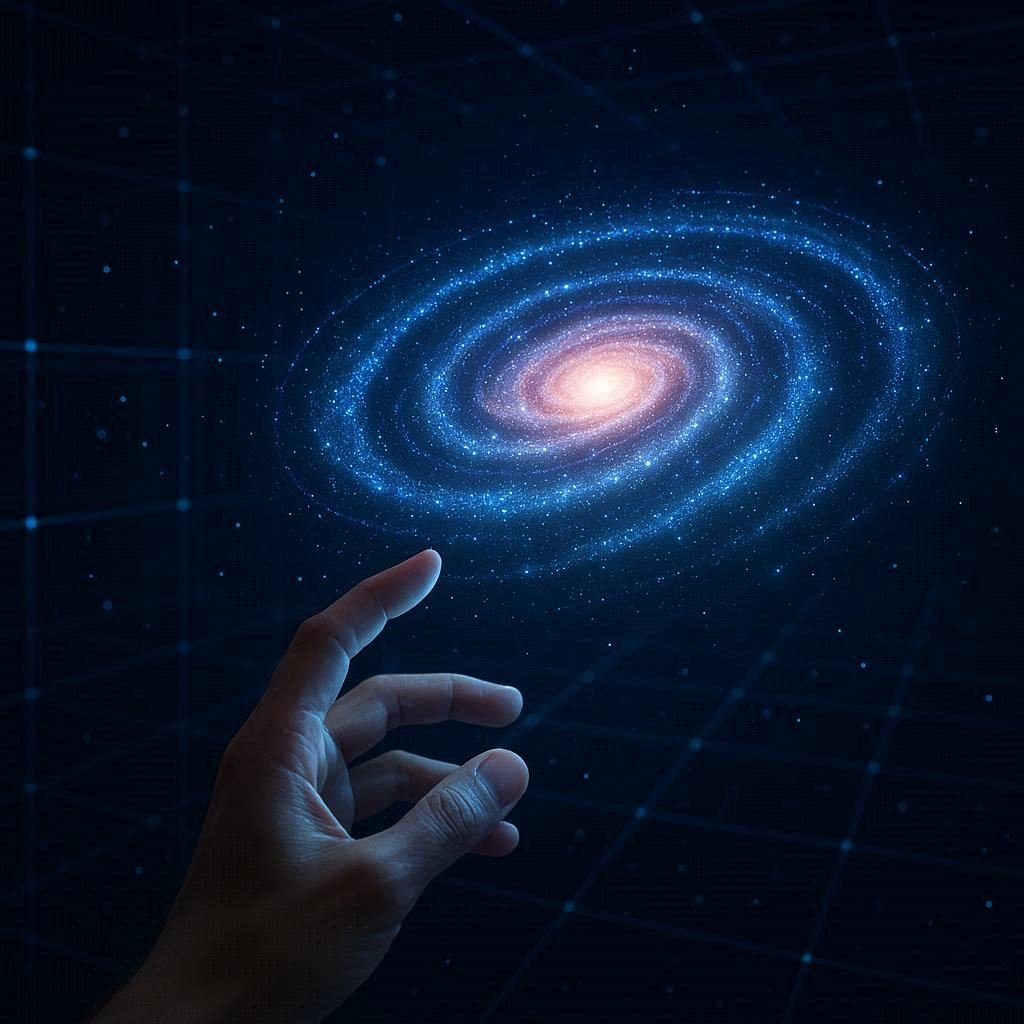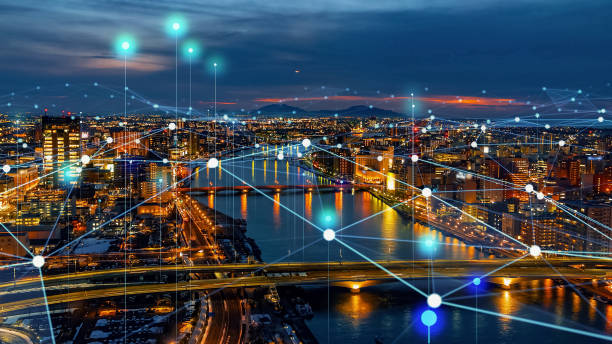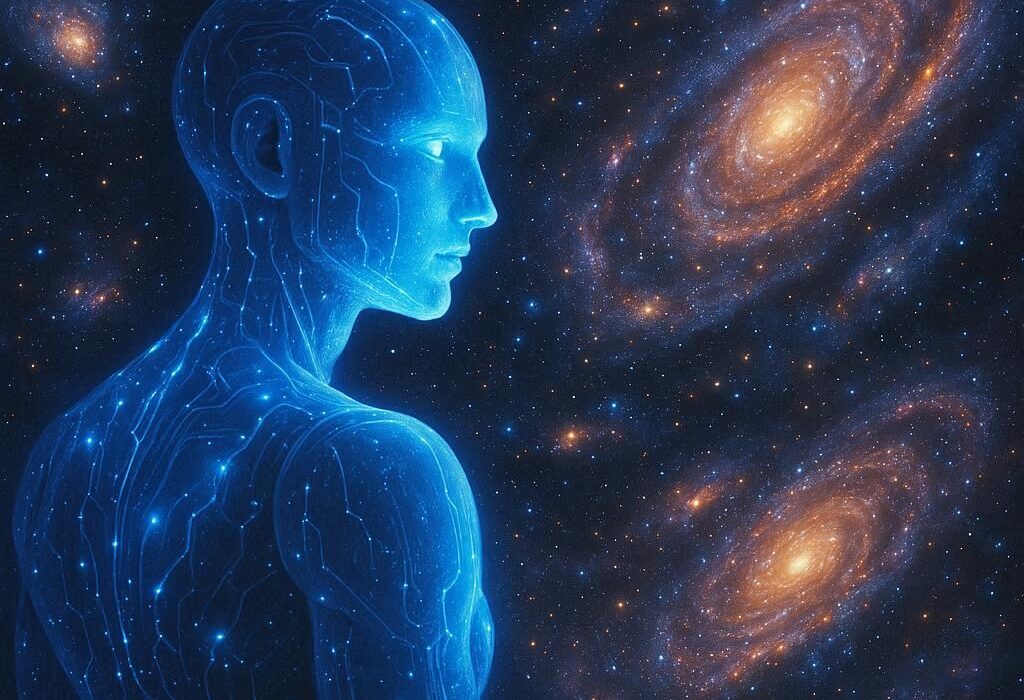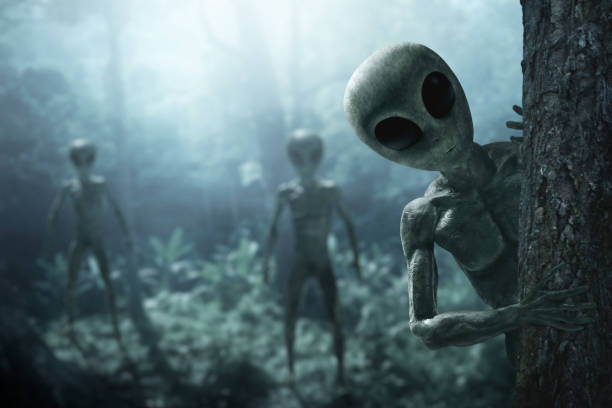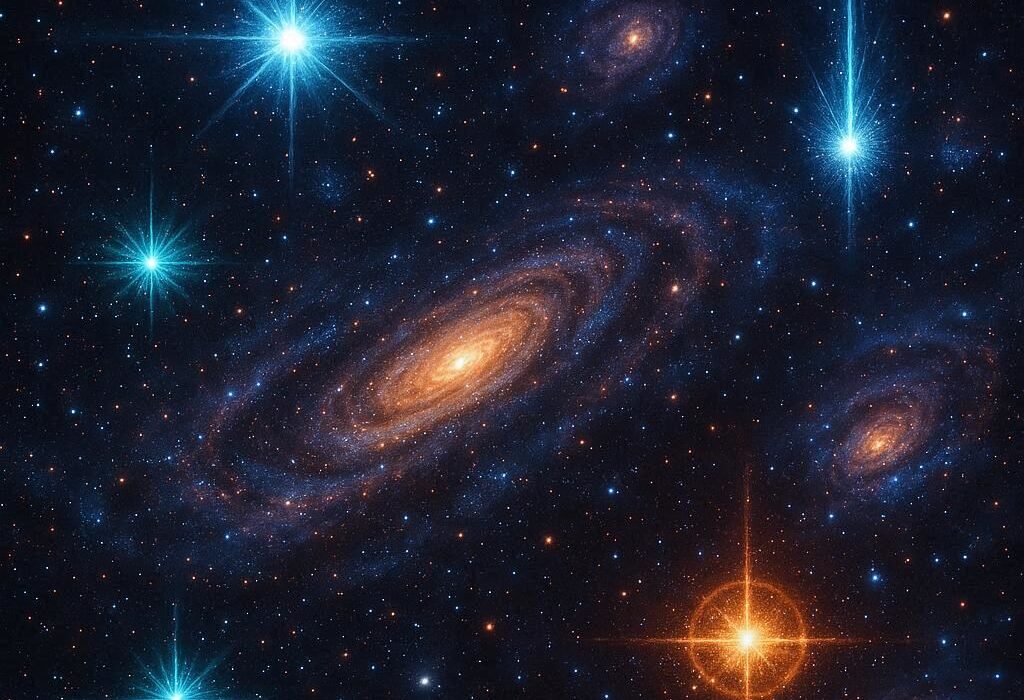For as long as humanity has existed, we have gazed at the stars and wondered if the universe we inhabit is all there is. Philosophers, mystics, and scientists alike have pondered the nature of reality. But in the modern age, with the advent of quantum physics, artificial intelligence, and virtual reality, the question has taken on a new and urgent form: could humans themselves create a universe—a virtual universe so perfect that it would rival, or perhaps even surpass, the one we already inhabit?
The dream of building such a universe is not confined to science fiction. It is whispered in laboratories, imagined in research papers, and woven into the fabric of technological ambition. The concept is staggering. It would mean the power to construct worlds that are indistinguishable from our own, populated by entities who believe they are real, governed by laws of physics as consistent and elegant as those that shape our stars and galaxies.
But is this dream possible? Could human beings—finite, fragile, and bound by the laws of nature—truly build a perfect digital cosmos? Or is the idea itself a paradox, revealing more about our desires than our capabilities? To explore this question, we must journey through science, philosophy, technology, and imagination, for the answer lies at the crossroads of all these realms.
The Long History of Imagined Realities
Before computers existed, humanity dreamed of alternative worlds. Ancient philosophers like Plato described reality as shadows on a cave wall, suggesting that what we perceive may be only a limited reflection of something deeper. Hindu traditions spoke of Maya, the grand illusion of reality. Medieval mystics questioned whether the universe was the dream of God.
Fast forward to the 20th century, and the question took on a scientific dimension. With the rise of digital technology, thinkers began to wonder whether consciousness itself might be simulated. Science fiction authors painted vivid worlds: machines creating virtual realities indistinguishable from our own, human beings living unknowingly within simulated universes.
Today, these old dreams feel closer than ever. With the exponential growth of computing power, artificial intelligence, and immersive digital environments, we are beginning to create small versions of these imagined worlds—video games, virtual reality platforms, and simulations of galaxies and ecosystems. Though primitive compared to the vastness of our universe, they hint at the possibilities to come.
What Would “Perfect” Mean?
Before asking whether humans can create a perfect virtual universe, we must ask: what does “perfect” even mean?
A perfect universe might mean one that is indistinguishable from physical reality. Every atom, every photon, every interaction between particles would need to be simulated with flawless accuracy. Such a universe would not be a mere approximation but a complete replication of physical law.
But perfection could also mean something else. Perhaps a perfect virtual universe would not be one that simply mirrors ours, but one that transcends it. A universe without suffering. A universe where time flows as its creators wish. A universe where laws of physics can be rewritten at will, allowing for the creation of phenomena that would be impossible in the natural cosmos.
The definition of perfection is subjective. What is perfect to one might be flawed to another. But whether we define perfection as fidelity to reality or as a realm of boundless possibility, the challenge remains: could humans actually build it?
The Foundations of a Virtual Cosmos
To construct a universe, even a virtual one, requires mastery of its building blocks. Just as our cosmos is composed of particles governed by fundamental forces, a virtual universe must have its own foundation.
In digital terms, this foundation is information. Every aspect of a simulated world—its landscapes, its physics, its inhabitants—must be encoded in data. Computers, at their most basic level, manipulate binary code, sequences of zeros and ones. Yet from these simple units, entire worlds can be constructed.
Modern video games already demonstrate the astonishing power of information. A player wandering through a vast, open-world environment may see forests, oceans, mountains, and living creatures. Yet beneath these images lies nothing but code. The complexity of these worlds grows year by year, fueled by advancements in graphics, processing power, and artificial intelligence.
If we imagine scaling this process upward, it is conceivable that one day we might encode not just a game world, but an entire universe—complete with galaxies, stars, and even conscious beings. But the scale of such a task reveals both its promise and its near-impossible challenge.
The Computing Power of Creation
The first obstacle in creating a perfect virtual universe is computation. The real universe is vast beyond comprehension. To simulate every atom, every quantum fluctuation, every interaction of energy and matter would require computational resources beyond anything humanity currently possesses.
Even with the exponential growth predicted by Moore’s Law, the gap between what we can simulate and the entirety of the universe remains astronomical. A single cubic centimeter of space contains more particles than all the stars in the observable cosmos. To simulate such detail would require computers of unimaginable scale.
Some theorists suggest shortcuts. Perhaps it would not be necessary to simulate every particle, but only those aspects of the universe that observers within it are capable of perceiving. Just as video games only render the portion of the environment visible to the player, a virtual universe might operate on a principle of “lazy computation,” generating reality on demand.
This idea hints at a strange possibility: if we ourselves live in a simulation, perhaps the reason the universe appears mysterious at its deepest quantum levels is that it is not fully computed until observed. Reality may, in this sense, be optimized code.
Consciousness in the Machine
Creating a universe requires more than landscapes and physics. A true universe must contain minds—beings who perceive, think, and wonder. Otherwise, it is not a universe but an empty stage.
Could human beings create consciousness in a virtual cosmos? This question cuts to the heart of both science and philosophy. Consciousness remains one of the greatest mysteries of our time. We do not yet fully understand how subjective experience arises from neural activity in our brains. If we cannot explain our own awareness, how could we replicate it in code?
And yet, progress in artificial intelligence suggests that consciousness, or something resembling it, may be possible to simulate. Already, AI systems can learn, adapt, and even produce art, language, and reasoning that surprise their creators. If consciousness is an emergent property of complexity, then perhaps a sufficiently advanced simulation could give rise to self-aware entities.
If so, then the ethical implications are profound. To create a perfect virtual universe might be to create entire civilizations of beings who experience joy, pain, curiosity, and longing. They would not know they were simulated. For them, their universe would be real. To embark on such a project would be to assume the role of gods.
The Limits of Perfection
Even if technology advanced to the point of creating vast simulations, the question remains: could such a universe ever be perfect? Perfection implies completeness, flawlessness, an absence of error. But human history reveals that all systems we create are prone to imperfection. Software contains bugs. Networks fail. Errors creep into even the most carefully designed systems.
Moreover, perfection may be an illusion. The natural universe itself is not perfect—it is full of chaos, randomness, and imperfection. Stars explode in violent supernovae. Species go extinct. Individuals suffer and die. Yet it is precisely these imperfections that make life and existence what they are. A perfect, static universe might be sterile, lifeless, and devoid of meaning.
Perhaps the question is not whether humans can create a perfect universe, but whether we should. A flawed universe may be more authentic, more alive, than one without change or challenge.
The Mirror of Our Desires
The dream of building a perfect virtual universe says as much about us as it does about technology. Why do we seek to create such worlds? Perhaps it is because we long for control in a cosmos that often feels indifferent. Perhaps we yearn for immortality, hoping that if not our bodies, then our creations might endure. Or perhaps it is the oldest human impulse of all—the desire to play, to imagine, to create worlds as children build castles in the sand.
But in the end, every universe we build is also a reflection. A virtual cosmos would carry the imprint of its creators, shaped by our values, our fears, and our dreams. In creating a universe, we would be revealing who we are.
The Future of Cosmic Imagination
Will humans one day build such a universe? The truth is, we do not know. Our technology today is far from capable, but the trajectory of human ingenuity has always been toward the impossible. What was once myth becomes science, what was once fantasy becomes engineering. Flight, space travel, genetic manipulation—each was once unthinkable, and yet each became reality.
Perhaps in centuries or millennia to come, we will unlock the computational and philosophical secrets necessary to give birth to new worlds. Perhaps we will become the architects of digital cosmoses, each one unique, each one a new story in the great tapestry of existence. Or perhaps the pursuit itself will teach us that reality, however imperfect, is already the perfect universe we seek.
Conclusion: The Universe Within and Without
The question of whether humans could create a perfect virtual universe is not only technological—it is existential. It forces us to confront the nature of reality, the mystery of consciousness, and the limits of our ambition. It challenges us to consider the ethical weight of creation and the meaning of perfection itself.
In one sense, the dream may always remain out of reach. The universe we inhabit is vast, mysterious, and beyond full comprehension. To replicate it perfectly may be impossible. But in another sense, the dream is already real. Every time we imagine, every time we create art, stories, simulations, and models, we are building small universes within our minds and machines.
And perhaps that is the truest answer: humans already create universes, not perfect, but profoundly human. They exist in our imagination, in our technologies, and in the worlds we share with one another. Whether digital or physical, real or imagined, every universe we build carries the spark of what makes us who we are: the endless desire to understand, to shape, and to dream.
